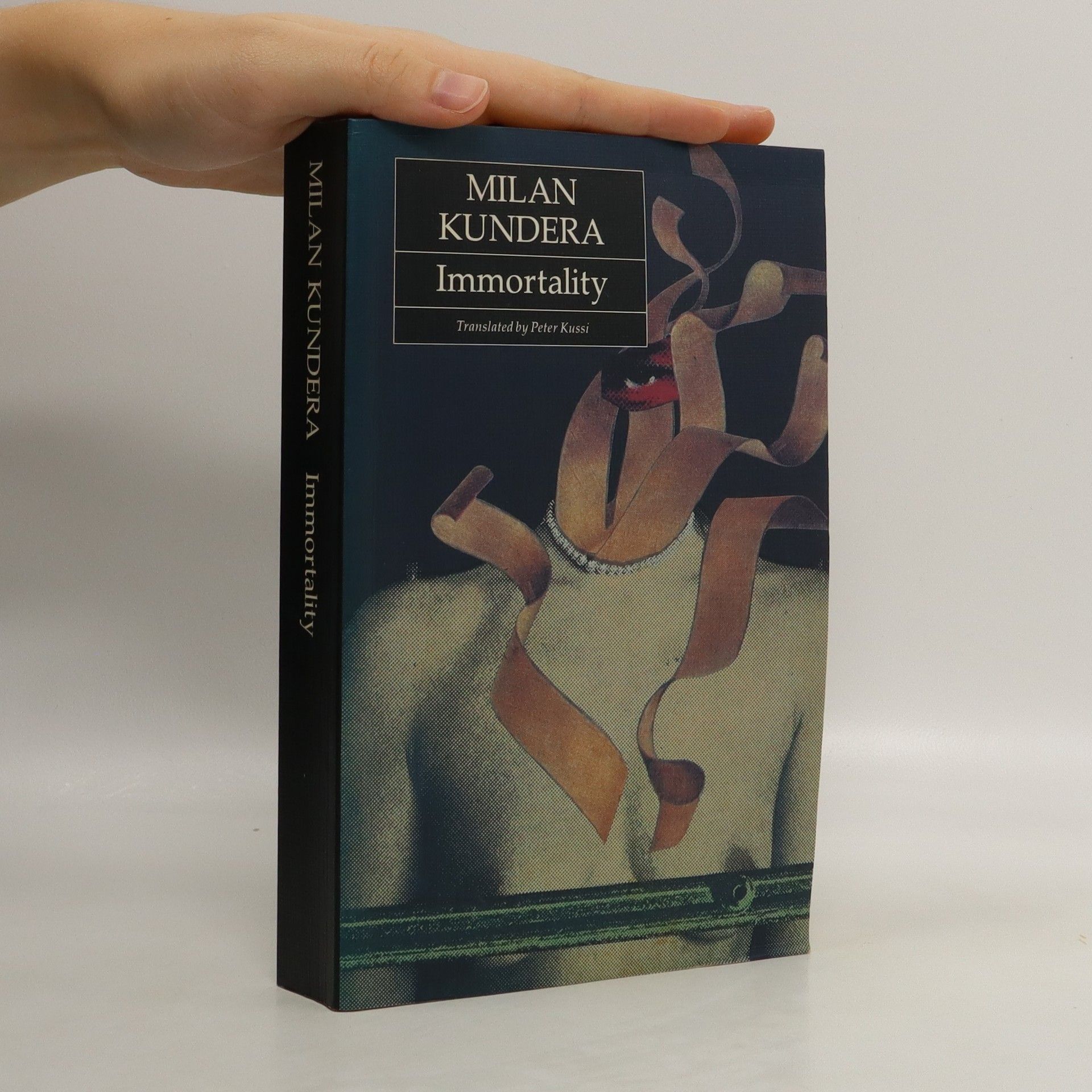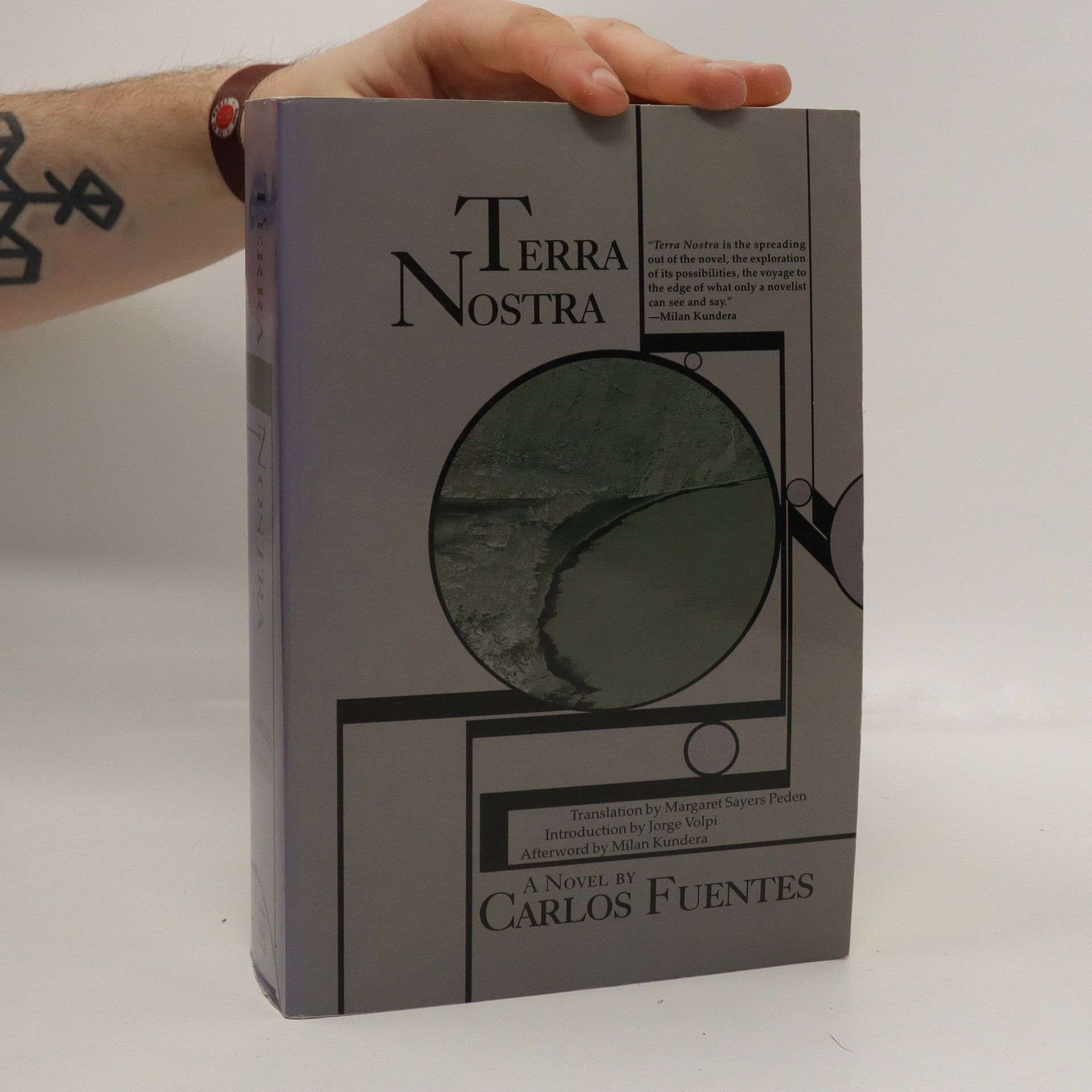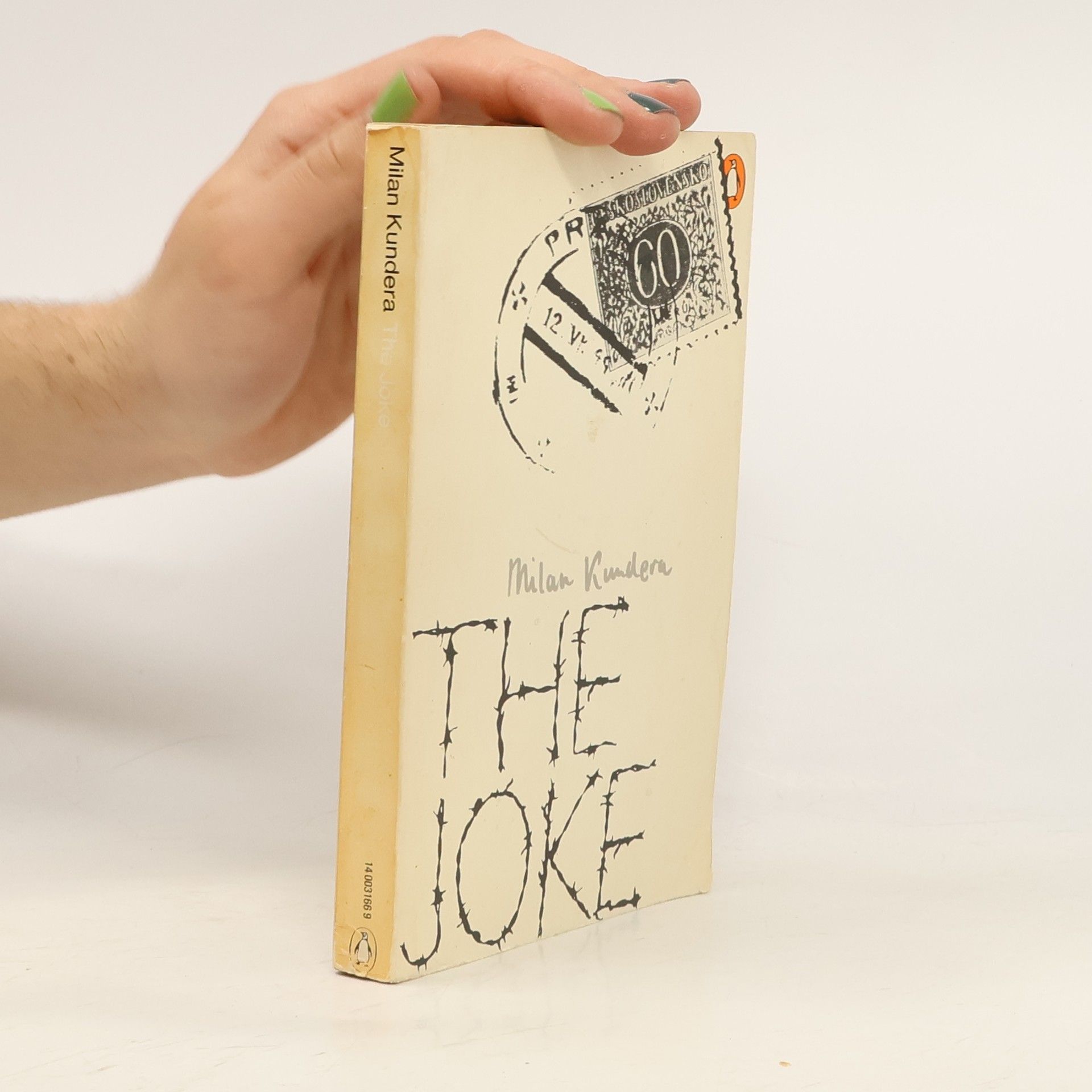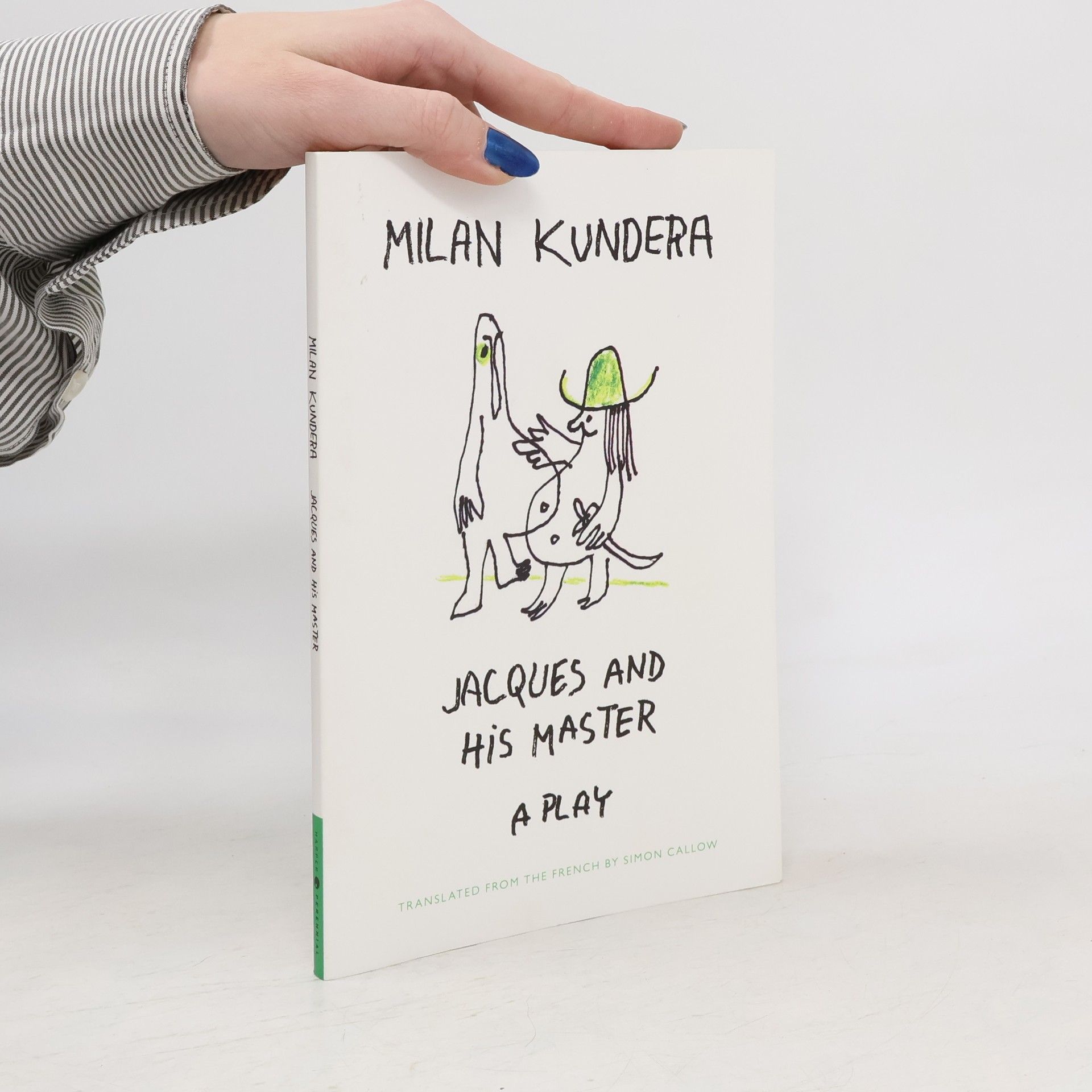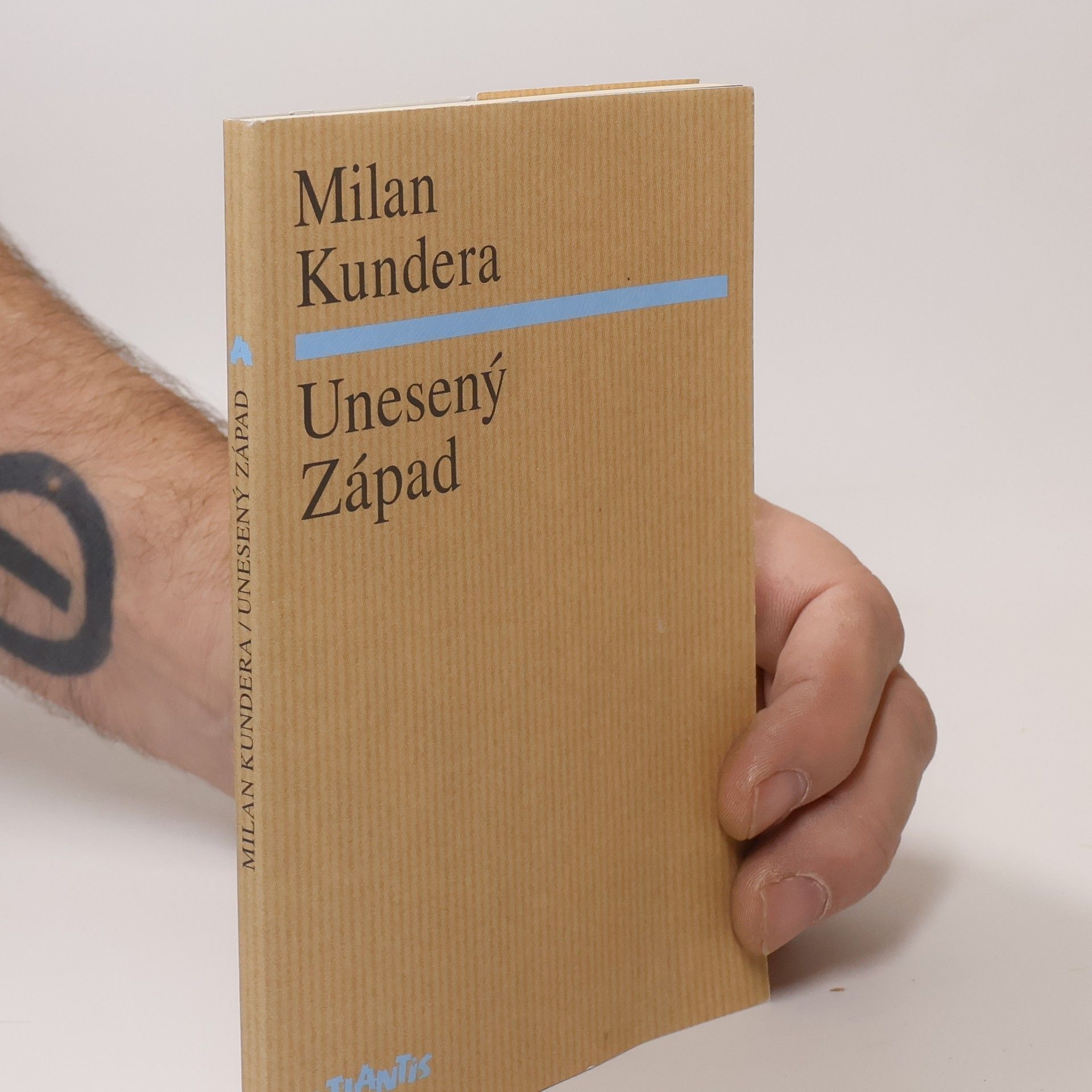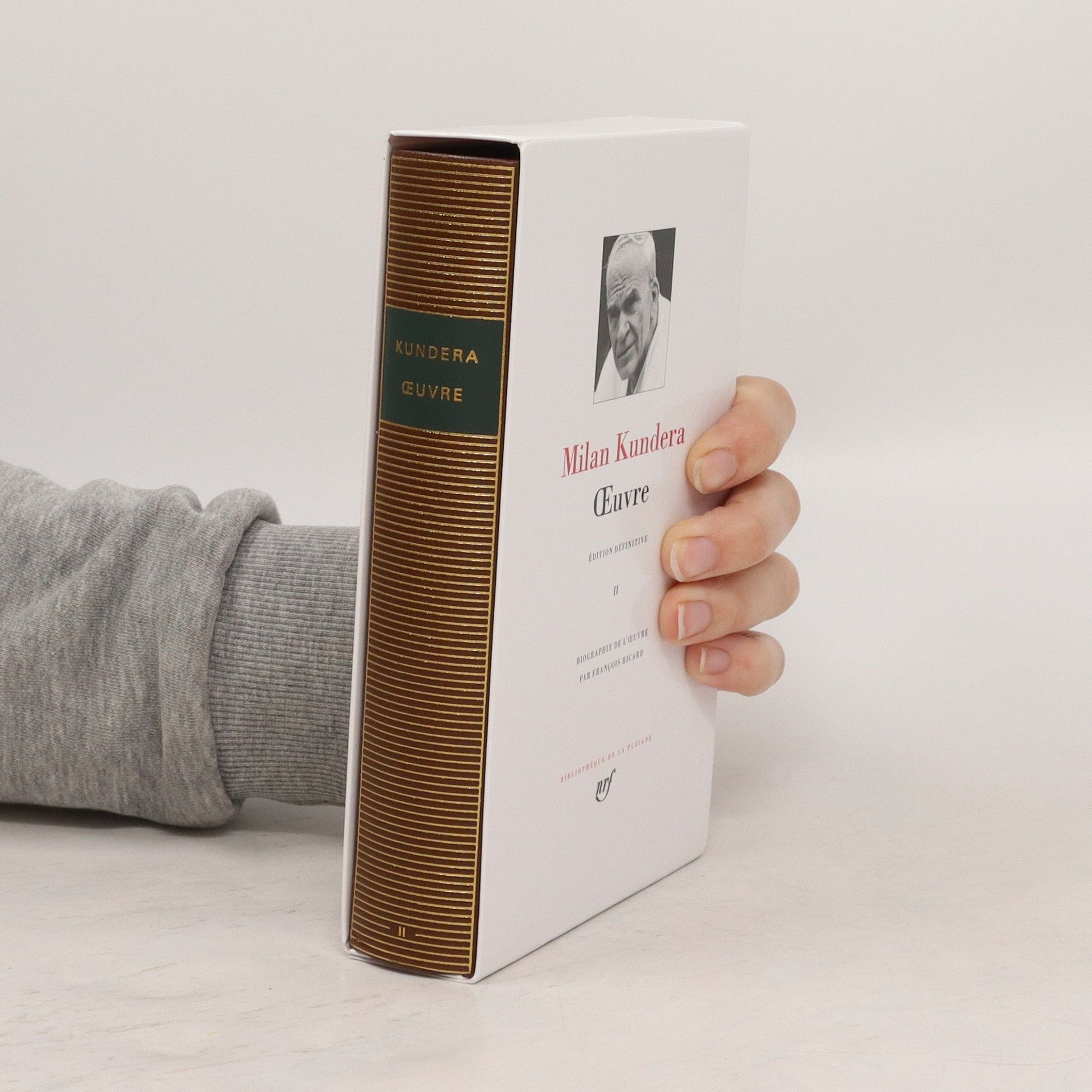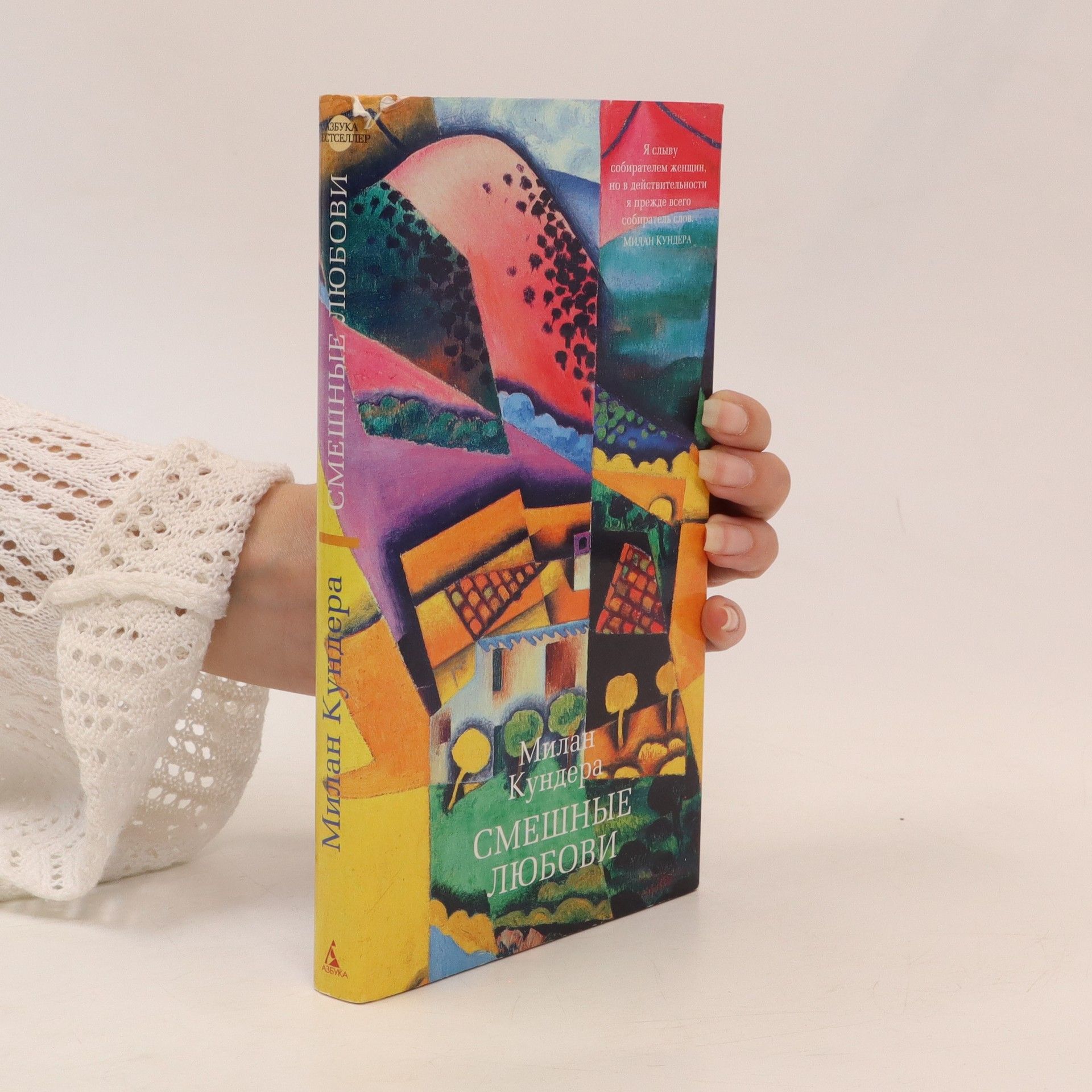Nieznośna lekkość bytu wyd. 2024
- 384 pages
- 14 hours of reading
Pierwsza publikacja w 1984 roku, ta powieść jest najważniejszym dziełem Milana Kundery, łączącym jego kluczowe tematy. Fabuła koncentruje się na losach kilku postaci (i psa), które odkrywają, że jedynym, co im pozostaje, jest tytułowa lekkość. Kundera bada przypadek jako siłę kształtującą ludzkie życie. Miłość, wybory życiowe, a także relacje z innymi ludźmi są determinowane przez przypadek. W kontekście totalitaryzmu, przypadek staje się jeszcze bardziej paradoksalny, gdyż reżim stara się go wyeliminować, narzucając sztuczne ograniczenia. Biografie postaci wirują pomiędzy prawdą a fikcją. Styl powieści jest lekki i pozornie chaotyczny, wypełniony ogólnymi stwierdzeniami, które można uznać za nieważne. Kiedy Milan przekazał mi rękopis, jego treść poruszyła mnie głęboko, przypominając o moich doświadczeniach z Pragi w 1968 roku oraz o polskim Sierpniu. Uważałam, że powieść zawiera cenne doświadczenia dla polskiego czytelnika, więc poprosiłam Kunderę o zgodę na tłumaczenie. Z entuzjazmem się zgodził i dokładnie przeczytał przekład, mimo że nie znał polskiego. Kundera, urodzony w 1929 roku, jest jednym z najbardziej znanych czeskich pisarzy, uczestnikiem Praskiej Wiosny, który w 1975 roku emigrował do Francji.


